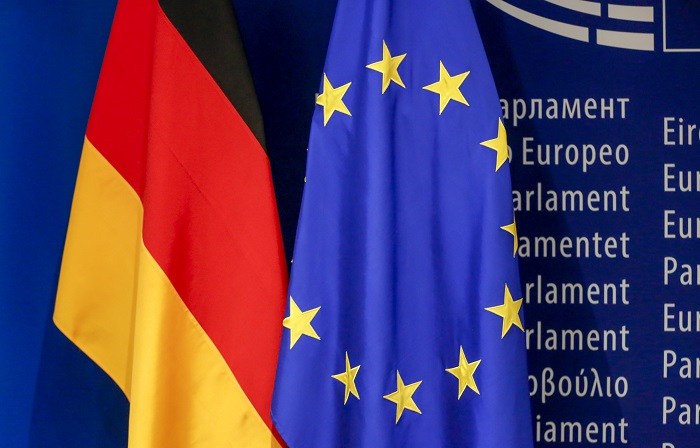Germany is tightening controls around its land borders and Italy is imposing a mandatory five-day quarantine for any EU travellers, as both member states try to rein in the number of coronavirus infections.
For Italy, the entire peninsula will be classified as a “red” zone (high risk of infection and maximum restrictions) for the Easter weekend, which is normally a popular holiday for foreign tourists.
They are requiring all people travelling from the EU to take a pre-departure Covid-19 test, quarantine for five days after arriving, and then take a second test. This measure is already in place for people travelling from non-EU countries.
This measure “applies to all those who leave and arrive” in the peninsula, including Italian nationals, a ministry official told AFP.
In Germany, border controls will be tightened for the next 8 - 14 days, in particular when it comes to borders with France, Denmark, and Poland.
“It doesn't matter where you are arriving from, Poland, France or Denmark, everyone should expect to be checked,” Interior Minister Horst Seehofer announced on Tuesday.
Related News
- Self-tests should not be used as free pass for concerts or to travel, Belgian microbiologist says
- Travelling will be possible this summer, Marc Van Ranst says
- SNCB says to avoid travelling to the coast tomorrow after heavy crowds today
Random checks will take place on German territory within a perimeter of up to 30 kilometres after crossing the border, and will be intensified for the Easter long weekend.
Travellers will have to provide proof of a negative coronavirus test no less than 48 hours old and must register electronically with the German health authorities, or else face fines.
All travellers will then have to observe a 10-day quarantine, which can be shortened with a negative test at the end of the fifth day, as has already been the case for several weeks when it comes to arrivals by plane.
So-called “transit” passages of less than 72 hours will be exempt from quarantine.
The strict controls at the Austrian border will be lifted, due to an improvement in the coronavirus situation there, Seehofer said. The systematic controls remain when it comes to the Czech Republic, where they have already been in place for several weeks and where the development of the pandemic remains worrying.
Germany also requires arriving passengers to present a negative test, and airlines can be fined up to €25,000 for not complying.
Both countries are trying to prevent further spread of the coronavirus, which has caused 108,000 deaths so far in Italy and 76,139 in Germany, compared to 22,921 in Belgium.
Helen Lyons
The Brussels Times

